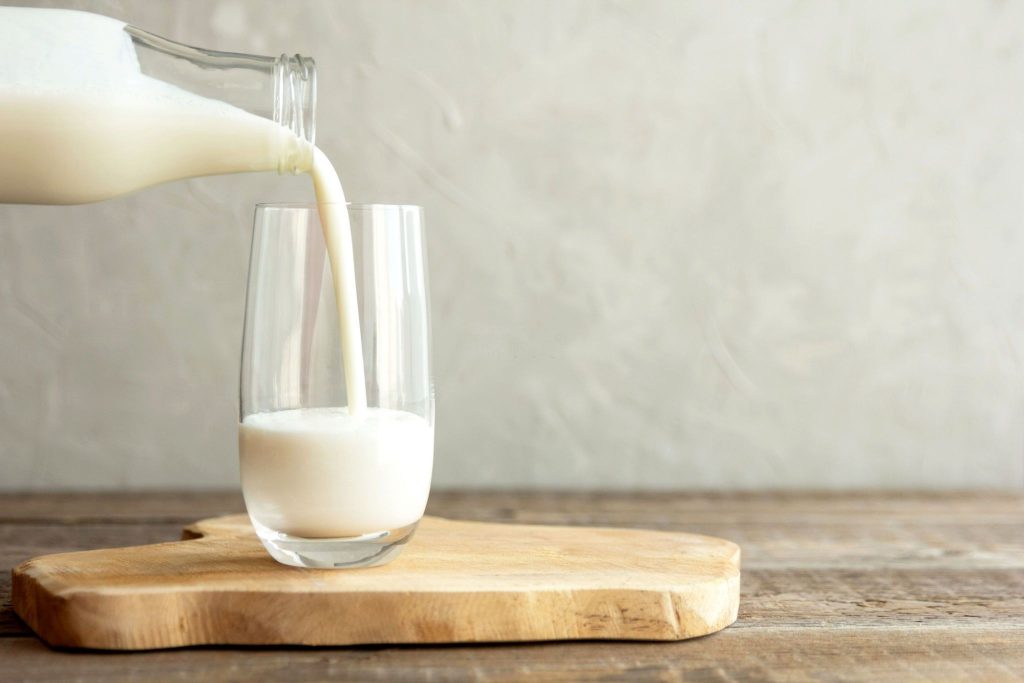What is the iron content in milk? Does it even have iron?
You may be wondering about this and concerned whether you should drink more milk to get more iron in your body.
But before you increase your milk intake, it may be worth it to determine whether it is indeed a good iron source or not.
After all, there are conflicting details you can find on the internet, so it is best to understand if drinking milk is a sound decision to boost your iron sources. Let’s investigate!
Iron Content In Milk
Iron deficiency anemia is a common disorder among those who do not get sufficient iron from their diet. This mineral is essential to forming hemoglobin that delivers oxygen to your body’s cells and tissues.
Thus, when your iron stores are low, you may suffer from numerous symptoms linked with iron deficiency anemia such as headache, poor appetite, weakness, pale skin, fatigue, and irritability.
To address these issues, it helps to consume more foods that contain iron. Is milk one of these foods?
Does Milk Prevent Iron Uptake?
It is surprising to note that excessive milk intake has been linked to iron deficiency anemia in kids. This was a study published on PubMed, where it stated the dangers of drinking too much milk in children.
Although milk is healthy as it contains vitamin D, calcium, and protein, it is actually not suitable for people suffering from iron deficiency anemia.
In fact, milk, as well as milk substitutes, are not the best sources of iron. Milk also interferes with your body’s natural ability to absorb iron from supplements and food.
There are also cases where cow’s milk tends to cause your intestines to lose some blood. Thus, when you lose blood, iron comes with it.
Interestingly, too much milk intake leads to many children’s desire to eat less solid foods. They end up with that feeling of fullness, which is why they fail to consume more foods, especially those that are excellent sources of iron.
With this in mind, milk is not recommended for children and adults who suffer from iron deficiency anemia. It is best to continue milk when the iron stores and hemoglobin count have improved.
It is also ideal to eat vitamin C-rich foods such as citrus fruits and green leafy vegetables that will help improve iron absorption.
As a way to improve iron reserves, make sure to take iron supplements. This is particularly true if you are not getting much iron from your diet.
Bottom Line
Overall, milk is a nutritious beverage but only when taken in moderation. Excessive milk intake can impact your body’s iron reserves, especially among children.
Cow’s milk has a very low iron content. This is why it is not exactly the best thing to take when you are already iron deficient.
Some infants have also experienced occult intestinal blood loss, which is linked with too much cow’s milk consumption. As a result, iron loss occurs when blood is also lost.
Lastly, milk inhibits the absorption of non-heme iron due to casein and calcium. These are among the primary components of cow’s milk, which explains why milk is not the best source of iron.
Although milk is healthy, it is best to keep it to a minimum. For more iron supply in your body, be sure to eat foods that are notable sources of this important mineral such as beans, lentils, and dark leafy greens.

